Marine Climate Change Scenarios Threatens Protected Areas
Did you know that climate change is causing modifications to marine life behavior? This is a significant finding from a recent study. The study suggests that as the Earth's climate continues to warm, marine organisms are adapting and changing their behaviors in response. This has far-reaching implications for the health and stability of marine ecosystems. To further explore this topic, let's delve into some informative images and articles related to marine climate change.
Study finds climate change is causing modifications to marine life behavior

A study conducted by a team of researchers has revealed that climate change is causing significant modifications to marine life behavior. As the oceans warm and experience changes in their chemistry, marine organisms are adapting to survive. This adaptation can manifest in various ways, such as altered migration patterns, changes in feeding habits, and shifts in reproductive behavior.
One example of this is the migration patterns of certain species of fish. In response to rising water temperatures, some fish species are moving to cooler habitats. This migration not only affects the distribution of these species but also has implications for the overall ecosystem balance. Additionally, warmer waters can impact the availability of food sources for marine organisms, leading to changes in their feeding behavior.
UN Environment, Partners Launch Pacific Marine Climate Change Report

The UN Environment, in collaboration with its partners, has recently launched the Pacific Marine Climate Change Report. This report aims to assess the impact of climate change on the marine ecosystems of the Pacific region. It provides valuable insights into the current state of these ecosystems, the challenges they face due to climate change, and potential strategies for mitigation and adaptation.
The report highlights several key findings, including the increased frequency and intensity of marine heatwaves in the Pacific. These heatwaves can have devastating effects on coral reefs, leading to widespread bleaching and even mortality. Rising sea levels and ocean acidification are also identified as major concerns for the region's marine environments. The report emphasizes the need for urgent action to address these challenges and protect the Pacific's unique marine biodiversity.
Marine Climate and Climate Change
The book "Marine Climate and Climate Change" provides a comprehensive overview of the relationship between marine ecosystems and climate change. It explores the various ways in which climate change is impacting the world's oceans and the implications for marine life. The book also discusses potential strategies and solutions to mitigate the effects of climate change on marine ecosystems.
One of the key aspects covered in the book is the impact of rising sea temperatures on marine species. As the oceans warm, many organisms, such as corals and fish, are facing increased stress and are more susceptible to diseases. Changes in ocean currents and circulation patterns are also affecting marine life, particularly those species that rely on specific habitats or currents for feeding and breeding.
Climate change: A triple threat for the ocean – Conservation & Science

Climate change poses a triple threat for the ocean, as highlighted in a recent article published by Conservation & Science. The warming of the Earth's atmosphere is causing global sea levels to rise, leading to increased coastal erosion and flooding. This is detrimental to coastal habitats and can result in the loss of critical marine ecosystems.
Furthermore, the ocean absorbs a significant amount of the excess carbon dioxide emitted into the atmosphere, which leads to ocean acidification. As the pH of seawater decreases, marine organisms that rely on calcium carbonate for shell and skeleton formation, such as corals and mollusks, face significant challenges. Ocean acidification can hinder their growth and survival, impacting the entire food chain that depends on these organisms.
Lastly, the article emphasizes the impact of climate change on oceanic biodiversity. Changes in water temperature, currents, and nutrient availability can result in the displacement and loss of species. This can disrupt the delicate balance of marine ecosystems and result in cascading effects throughout the food web.
Climate and Weather - Marine Biome

The marine biome, which encompasses the Earth's oceans and seas, is greatly influenced by climate and weather patterns. Climate change is causing significant alterations in the marine biome, impacting both physical and biological components.
One of the key changes observed is the warming of oceanic waters. As the Earth's atmosphere heats up, so do the surface temperatures of the oceans. This warming has consequences for marine life, as it can disrupt the delicate balance of ecosystems. For example, coral reefs, which are highly sensitive to temperature changes, may experience coral bleaching and even mortality in response to prolonged heat stress.
Changes in weather patterns also have implications for the marine biome. Extreme weather events, such as hurricanes and cyclones, are becoming more frequent and intense due to climate change. These events can cause significant damage to coastal habitats, including mangroves, seagrass beds, and estuaries, which are important nurseries and breeding grounds for many marine species.
Climate Change Threatens the World's Marine Protected Areas - YouTube

The world's marine protected areas (MPAs) are facing increasing threats from climate change. This informative video on YouTube sheds light on the challenges and potential solutions to safeguard these important ecological areas.
Climate change poses numerous risks to MPAs. Rising sea levels can lead to the inundation of low-lying coastal areas, which can impact the integrity and effectiveness of MPAs. Additionally, extreme weather events, such as storms and cyclones, can cause physical damage to the infrastructure and habitats within MPAs.
Furthermore, the changing oceanic conditions can affect the species that these protected areas aim to conserve. For example, changes in water temperature and acidity can lead to habitat loss for sensitive organisms, while shifts in ocean currents can disrupt patterns of migration and species interactions. It is crucial to implement adaptive management strategies and foster international collaboration to ensure the long-term conservation of MPAs in the face of climate change.
Marine reserves can mitigate and promote adaptation to climate change

Marine reserves play a crucial role in mitigating the impacts of climate change on marine ecosystems. A study published in the Proceedings of the National Academy of Sciences highlights the importance of these protected areas in promoting adaptation and maintaining biodiversity.
The establishment of marine reserves helps protect critical habitats and species, providing a refuge for organisms to adapt to changing environmental conditions. By preserving intact ecosystems, these reserves act as "living laboratories" where scientists can study climate change impacts and monitor the success of adaptation strategies.
Moreover, marine reserves can enhance the resilience of ecosystems to climate change by reducing other stressors, such as overfishing and pollution. By maintaining healthy populations of key species, marine reserves contribute to ecosystem stability and increase the ability of marine organisms to withstand climate-related disturbances.
Climate change threatens marine protected areas - College Arts

Marine protected areas (MPAs) are facing increasing threats from climate change, as highlighted by an article on College Arts. MPAs, which are established to conserve and protect unique marine ecosystems, are particularly vulnerable to the impacts of climate change.
Rising sea levels pose a significant risk to MPAs located in coastal areas. The inundation of these areas can lead to the loss of critical habitats, including coral reefs, seagrass beds, and mangroves. These habitats are essential for a diverse array of marine species, and their loss would have profound ecological consequences.
In addition to habitat loss, climate change can disrupt key ecological processes within MPAs. For instance, changes in water temperature and acidity can affect the growth and reproduction of various organisms, such as corals and shellfish. This can lead to declines in population sizes and reduced overall biodiversity within these protected areas.
Marine Climate Change - Seaweek | Conservation blog

Seaweek, an annual celebration of New Zealand's marine environment, raises awareness about various issues affecting our oceans. One significant topic is marine climate change, which has profound implications for the country's coastal and marine ecosystems.
Climate change impacts on New Zealand's marine environment include rising sea temperatures, ocean acidification, and changes in weather patterns. These changes can have far-reaching consequences for marine life, including disruptions to feeding and breeding patterns, declines in biodiversity, and shifts in species distributions.
Seaweek encourages individuals, communities, and organizations to take action to address these challenges. From beach cleanups to educational events, Seaweek aims to inspire stewardship and conservation of New Zealand's precious marine resources.
Climate Change Impacts on the Marine Environments

Climate change is causing significant impacts on marine environments. Changes in temperature, ocean currents, and chemical composition are altering the delicate balance of these ecosystems.
One of the primary concerns is the impact on coral reefs, which are highly sensitive to changes in temperature and water chemistry. Rising sea temperatures can lead to coral bleaching, a phenomenon where corals expel the symbiotic algae living within their tissues, causing them to turn white and become more susceptible to disease and mortality. Ocean acidification, resulting from the absorption of excess carbon dioxide by seawater, can impede coral reef growth and the development of other carbonate-based organisms.
Climate change also affects marine biodiversity and the distribution of species. As temperature and nutrient availability change, certain organisms may migrate to new regions or face increased competition from invasive species. This can disrupt the delicate food web and have cascading effects throughout the entire ecosystem.
In conclusion, climate change is having significant impacts on marine life and ecosystems. The warming of the oceans, rising sea levels, changes in water acidity, and disruptions in weather patterns are all contributing to modifications in marine behavior and the loss of critical habitats. It is crucial that we take immediate and collective action to mitigate climate change and protect the oceans for future generations.
If you are searching about Marine reserves can mitigate and promote adaptation to climate change you've visit to the right place. We have 30 Images about Marine reserves can mitigate and promote adaptation to climate change like Climate change threatens marine protected areas - College Arts, 10 years, 28 partners… what MCCIP learned about marine climate change and also Climate Change: Freshwater and Marine Impact. Here you go:
Marine Reserves Can Mitigate And Promote Adaptation To Climate Change
 europepmc.org
europepmc.org Marine climate change. Marine climate change impacts partnership publishes latest report card
Climate And Weather - Marine Biome
climate biome marine weather graph temperature average rainfall chart sea forms weebly over
Marine climate change impacts partnership produced backing papers card report. Marine partnership impacts climate change
Marine Climate And Climate Change | SpringerLink
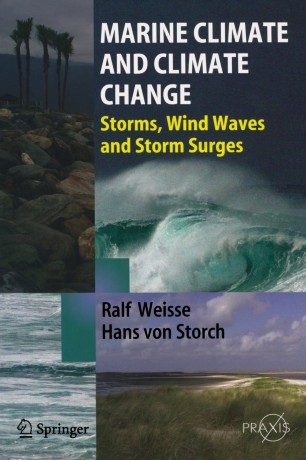 link.springer.com
link.springer.com climate marine change book storch von
Characteristics of experimental marine climate change studies (n = 110. (pdf) climate change in the marine realm
Characteristics Of Experimental Marine Climate Change Studies (n = 110
 www.researchgate.net
www.researchgate.net Impacts of climate change on the european marine and coastal. Climate marine change unit ravasi timothy groups oist
(PDF) The Impact Of Climate Change On Marine Environment
 www.researchgate.net
www.researchgate.net climate environment impact marine change
Sea level change climate change impacts on the marine environments. Climate marine change unit ravasi timothy groups oist
SEA LEVEL ChAnGE Climate Change Impacts On The Marine Environments
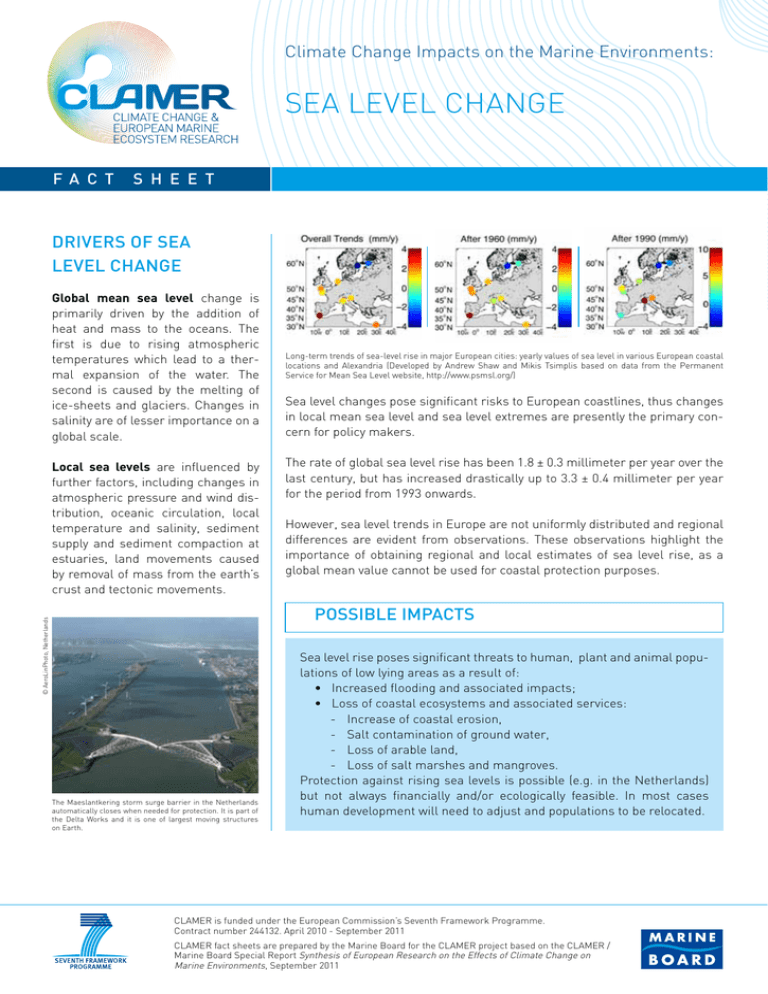 studylib.net
studylib.net Pacific fong. Infographic warming acidification impacts affects ipcc ecosystem emissions mbari facing monterey deoxygenation
Marine Climate Change Unit (Timothy Ravasi) | OIST Groups
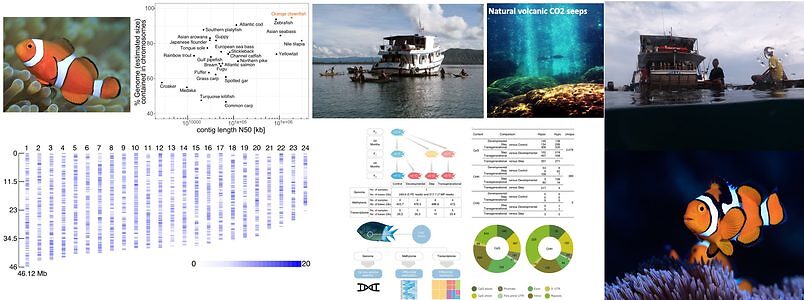 groups.oist.jp
groups.oist.jp climate marine change unit ravasi timothy groups oist
Marine climate change. Marine reserves can mitigate and promote adaptation to climate change
Climate Change: A Triple Threat For The Ocean – Conservation & Science
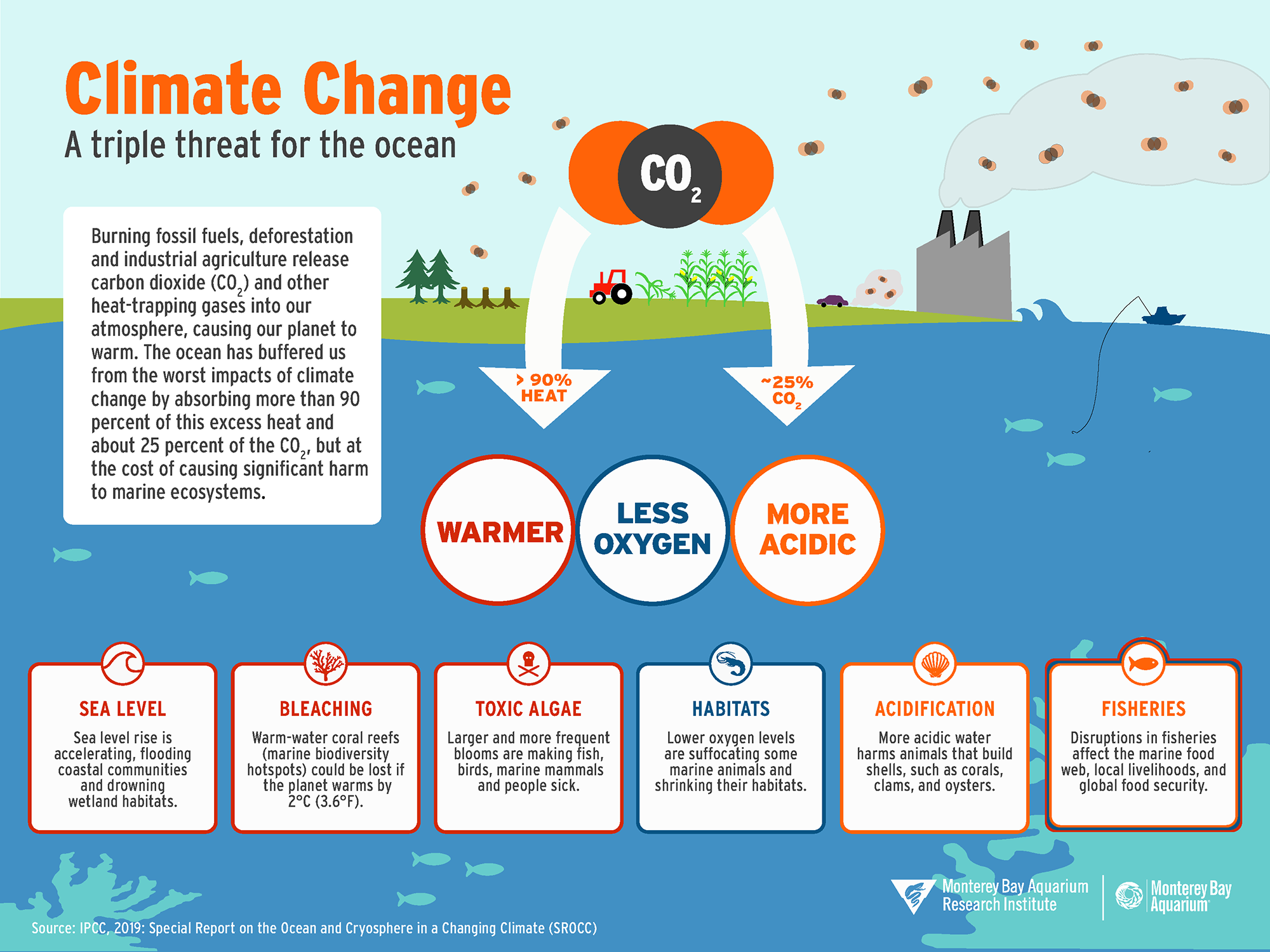 futureoftheocean.wordpress.com
futureoftheocean.wordpress.com infographic warming acidification impacts affects ipcc ecosystem emissions mbari facing monterey deoxygenation
Climate and weather. Marine protected areas and climate change
Climate Change | Scotland's Marine Assessment 2020
 marine.gov.scot
marine.gov.scot marine climate change impacts partnership produced backing papers card report
Characteristics of experimental marine climate change studies (n = 110. Infographic warming acidification impacts affects ipcc ecosystem emissions mbari facing monterey deoxygenation
Assessing The Vulnerability Of Marine Life To Climate Change In The
Infographic warming acidification impacts affects ipcc ecosystem emissions mbari facing monterey deoxygenation. Un environment, partners launch pacific marine climate change report
Effects Of Climate Change On Marine Organisms | Taylor & Francis Group
 www.taylorfrancis.com
www.taylorfrancis.com marine methodological aspects biology environmental problems applications organisms climate effects change
Marine protected areas and climate change. Climate change: a triple threat for the ocean – conservation & science
Marine Climate Change - Seaweek | Conservation Blog
 blog.doc.govt.nz
blog.doc.govt.nz ambiental conciencia manglar seaweek focusing
Climate change. Sea level change climate change impacts on the marine environments
Climate Change Threatens The World’s Marine Protected Areas - YouTube
 www.youtube.com
www.youtube.com Characteristics of experimental marine climate change studies (n = 110. Marine climate change unit (timothy ravasi)
Marine Climate Change - Seaweek | Conservation Blog
 blog.doc.govt.nz
blog.doc.govt.nz climate marine change seaweek wetlands coastal carbon
Marine climate change unit (timothy ravasi). Characteristics of experimental marine climate change studies (n = 110
Marine Climate Change Impacts Partnership Publishes Latest Report Card
 pml.ac.uk
pml.ac.uk marine partnership impacts climate change
Study finds climate change is causing modifications to marine life behavior. Marine climate change
1st Ever Caribbean Marine Climate Change Report Card Discusses Belize’s
climate change caribbean belize marine card report vulnerabilities impact discusses 1st amandala sea level ever which flooding increases risk past
Marine climate change impacts partnership publishes latest report card. Effects of climate change on marine organisms
Impacts Of Climate Change On The European Marine And Coastal
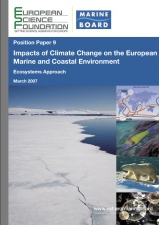 www.marineboard.eu
www.marineboard.eu impacts
Sea level change climate change impacts on the marine environments. Impacts of climate change on the european marine and coastal
Marine Protected Areas And Climate Change - Ocean & Climate Initiatives
 ocean-climate-alliance.org
ocean-climate-alliance.org climate change marine providencia protected island areas colombia ocean isla santa catalina aire desde el caribbean alliance area conservation con
The impacts of climate change in coastal marine systems. Climate scientists marine ocean call acidification warming action over
TEMPERAtuRE ChAnGES Climate Change Impacts On The Marine Environments:
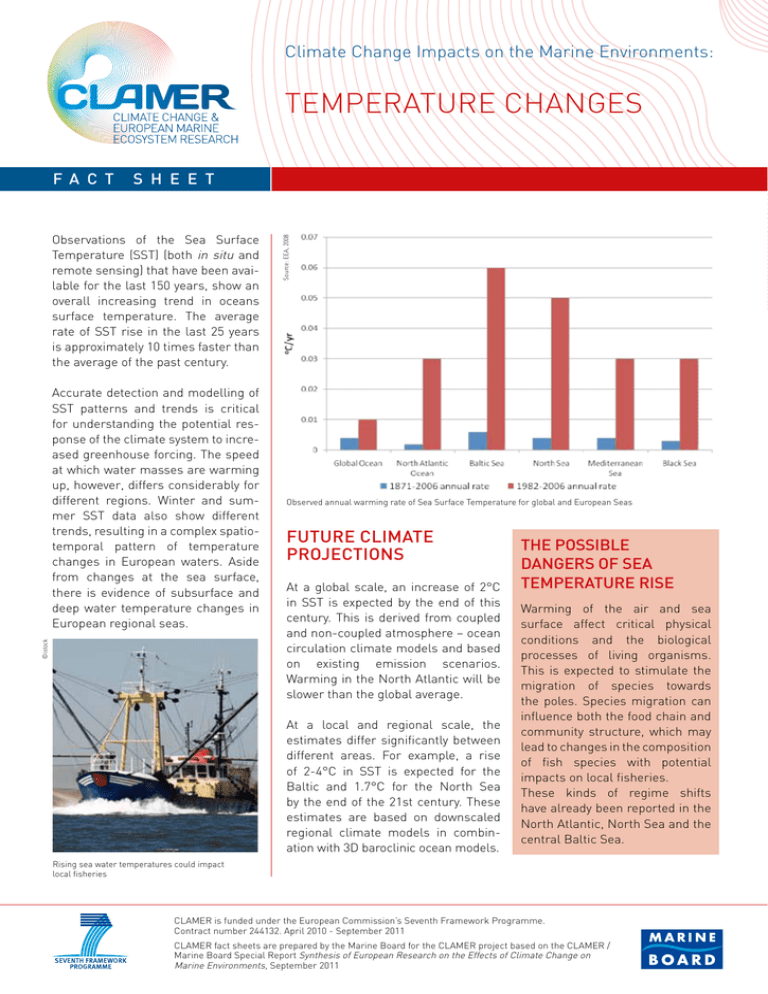 studylib.net
studylib.net Study finds climate change is causing modifications to marine life behavior. Climate change threatens the world’s marine protected areas
The Impacts Of Climate Change In Coastal Marine Systems | EDF Fishery
 fisherysolutionscenter.edf.org
fisherysolutionscenter.edf.org (pdf) climate change in the marine realm. Infographic warming acidification impacts affects ipcc ecosystem emissions mbari facing monterey deoxygenation
Marine Scientists Call For Climate Action Over Ocean Warming And
 takvera.blogspot.com
takvera.blogspot.com climate scientists marine ocean call acidification warming action over
1st ever caribbean marine climate change report card discusses belize’s. Marine protected areas and climate change
(PDF) CLIMATE CHANGE IN THE MARINE REALM
 www.researchgate.net
www.researchgate.net realm
Climate change: a triple threat for the ocean – conservation & science. Climate change impacts responses ecosystem individual marine resources carozza mediterranean scientific region update under ed publication
10 Years, 28 Partners… What MCCIP Learned About Marine Climate Change
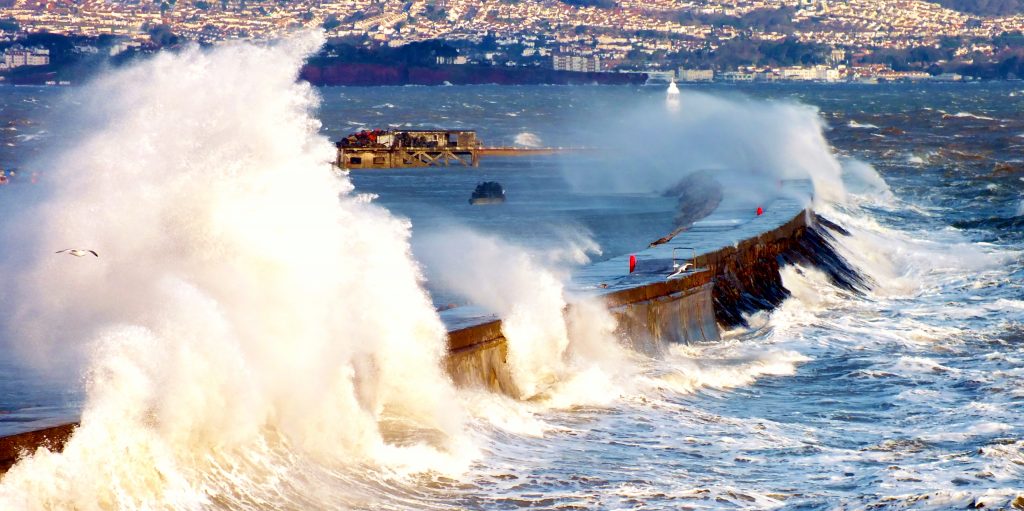 marinescience.blog.gov.uk
marinescience.blog.gov.uk (pdf) climate change impacts on marine resources. Climate change
Climate Change: Freshwater And Marine Impact
 www.annualreviews.org
www.annualreviews.org Marine climate change impacts partnership publishes latest report card. Marine climate change impacts partnership produced backing papers card report
Marine Science- Climate Change | Teaching Resources
 www.tes.com
www.tes.com climate marine science change different does why look
Marine climate change. Climate change caribbean belize marine card report vulnerabilities impact discusses 1st amandala sea level ever which flooding increases risk past
Climate Change Threatens Marine Protected Areas - College Arts
 magazine.college.unc.edu
magazine.college.unc.edu marine areas protected climate warming ocean change graph shows projected per year bruno graphic unc indicated college magazine extinction fears
Climate biome marine weather graph temperature average rainfall chart sea forms weebly over. Marine climate change impacts partnership publishes latest report card
UN Environment, Partners Launch Pacific Marine Climate Change Report
 fhta.com.fj
fhta.com.fj pacific fong
Marine partnership impacts climate change. Un environment, partners launch pacific marine climate change report
(PDF) Climate Change Impacts On Marine Resources - From Individual To
 www.researchgate.net
www.researchgate.net climate change impacts responses ecosystem individual marine resources carozza mediterranean scientific region update under ed publication
Un environment, partners launch pacific marine climate change report. Ambiental conciencia manglar seaweek focusing
Frontiers | Responses Of Marine Organisms To Climate Change Across
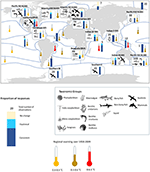 www.frontiersin.org
www.frontiersin.org marine responses climate across change frontiersin organisms oceans figure
Climate and weather. Marine reserves can mitigate and promote adaptation to climate change
Study Finds Climate Change Is Causing Modifications To Marine Life Behavior
 phys.org
phys.org marine climate change causing modifications behavior finds study oceans species feeding warming timing migration breeding barbara santa credit california university
Marine methodological aspects biology environmental problems applications organisms climate effects change. (pdf) climate change in the marine realm
Marine climate and climate change. Climate change: a triple threat for the ocean – conservation & science. Marine climate change
Post a Comment for "Marine Climate Change Scenarios Threatens Protected Areas"